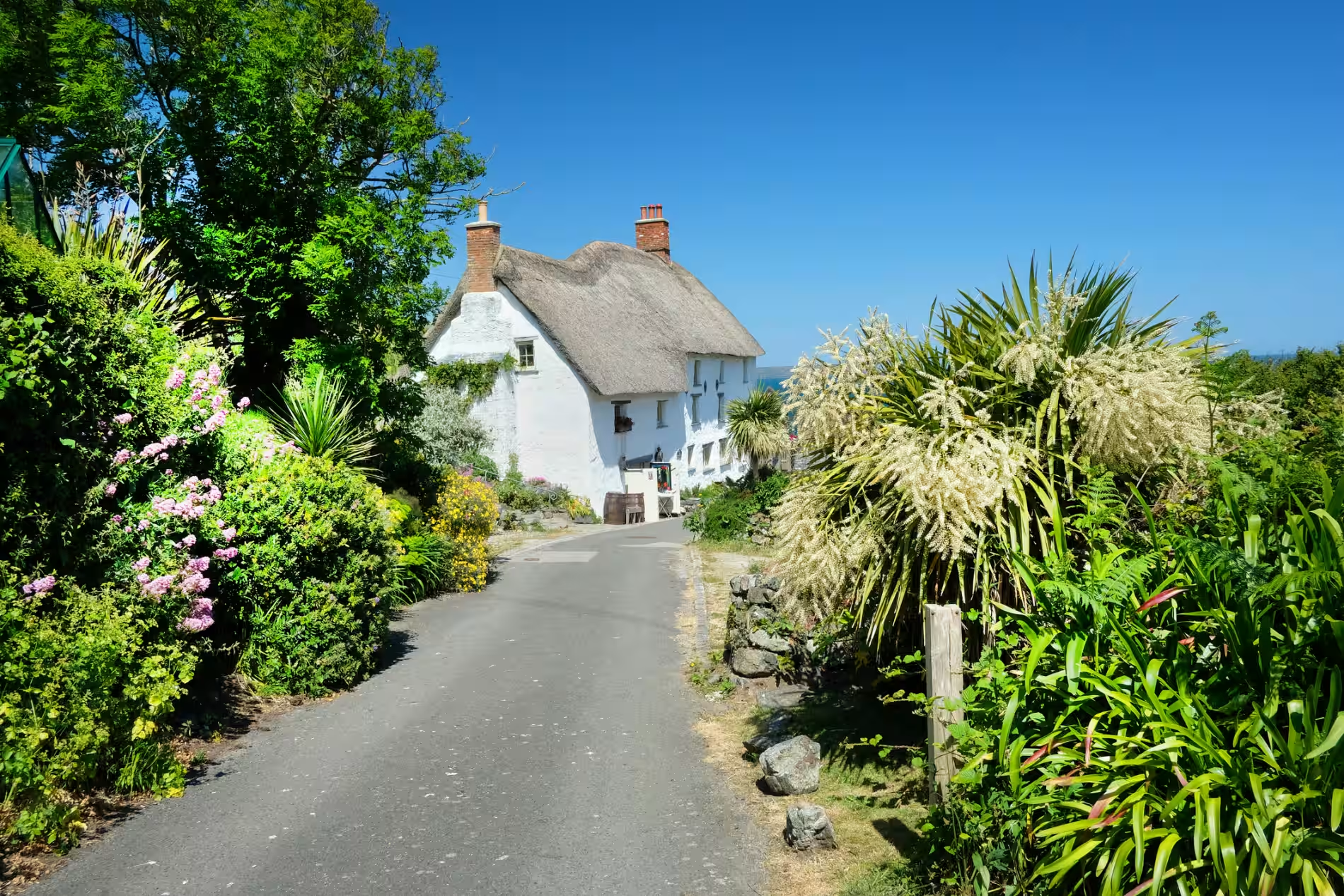If you own more than one property, you must pay council tax for second homes, even if the additional property is unoccupied. As you know, council tax is used by local authorities to pay for the services they provide, including maintaining roads, rubbish collection, street cleaning, and lighting, even if it’s charged for a second home rarely being used.
While the amount of council tax you pay is determined by your local authority, new laws introduced in 2024 mean that they can now double how much council tax you pay on your second home. In this this article we want to help our high value home customers be in the know when it comes to council tax for second homes. As a result, we will examine these new council tax regulations and what they could mean for second homeowners.
Second home council tax explained
If you own a property besides your main home, this is generally considered a second home. The second home council tax is a charge on these types of properties. Even if you only use it occasionally, you must still pay council tax on your second home.
Historically, buying a second home has become a popular investment, whether as a family holiday home or a source of rental income. If you’re interested in buying a second home, our comprehensive guide on buying a second home will tell you everything you need to know.
What is second home council tax payable?
Second homes council tax is payable to your local council once a year. You will usually receive your bill and payment instructions each April and can be paid as a lump sum or in regular instalments. As the owner, it’s your responsibility to pay it unless it’s a buy-to-let and you have a long-term tenant. Council tax deadlines and payment options vary depending on the area, so check with your local council.
The properties that are classified as a second home
Properties considered second homes for council tax purposes are not your main residence. This doesn’t include caravans or boats. While different local policies will impact what is considered a second home, in most cases they are:
- Holiday homes
- Weekend homes
- Buy-to-lets
- Holiday lets
- Investment properties
- Empty homes
Second home council tax changes in 2024
In 2024, changes were introduced to council tax on second homes under the Levelling-up and Regeneration Act 2023. These new rules allow councils to charge homeowners up to double council tax on second homes from April 2025. Councils must give the owner one year’s notice of the rate increase.
Check whether your council has agreed to increase council tax so that you can budget ahead.
What does the charge mean for me?
While it depends on your specific local authority, if you own a second home, council tax on the property may increase from April 2025. Check with your local council to find out whether you’ll be affected and, if so, how much the increase will be.
Each authority has the power to set its own council tax rates. If your council is increasing your second home council tax, you may have the option of paying it in instalments if required.
Second home council tax: your common questions answered
If you’re considering investing in a second home or already have an additional property, here we answer some common questions on second home council tax to help guide you through the process.
What if my second home is empty?
What if I am living in my second home as my main property?
What if I let my second property to someone else?
What if I want to let the property in the future?
Can I get a discount on second home council tax?
What happens if I don’t pay my second home council tax?
Why it’s important that your second or empty property is insured
Second homes can be a great long-term investment. However, whether you use it as a holiday home, a weekend getaway, a holiday let or a rental, you will have to pay council tax on it. Even if it has been sitting empty for some time, you are still liable to pay.
While the amount you pay depends on your local council, you could see your rates go up as of April 2025 following the Levelling-up and Regeneration Act 2023. If you are finding it difficult to pay your second home council tax, think that you’re exempt or eligible for a discount, speak to your local council office immediately. If you fail to make your council tax payments, you could face penalties or even land up in court.
Regardless of the purpose of your second home, making sure that it’s properly insured is essential. With the right high value home insurance, your second home investment can be protected should something unexpected happen, such as a fire, flood or theft. It can offer peace of mind and financial protection. When choosing your policy, take into account the property’s value, its location and how often it’s occupied. These factors may impact the type and cost of the cover you need.
An experienced insurance broker such as Stanhope can advise you on the best policy for your circumstances. As a premium insurance provider, we offer tailored policies and a personalised service that you can’t get from large corporate insurance brokers. Speak to our friendly and expert team to find out more about how we can help you and get a quote.
Get a quote now
At short notice Stanhope pulled the rabbit out of the bag managing to provide insurance cover quickly on my new partly thatched home which was also very competitive. Thank you.
5 Star Review ReviewsIO
Sources
https://www.gov.uk/council-tax/second-homes-and-empty-properties
https://www.localgov.co.uk/Will-increasing-council-tax-on-second-homes-help/60865
https://moneyweek.com/personal-finance/tax/council-tax-rules-for-second-homes
https://hoa.org.uk/advice/guides-for-homeowners/for-owners/second-home-council-tax/
https://www.citizensadvice.org.uk/housing/council-tax/paying-council-tax/

